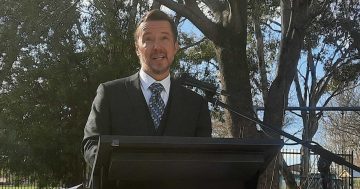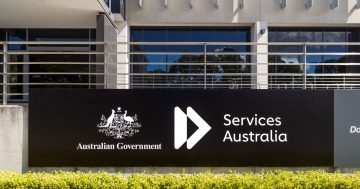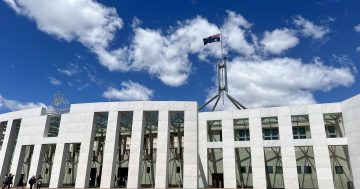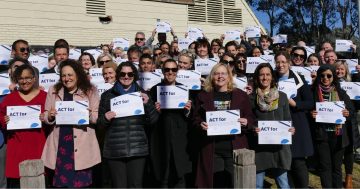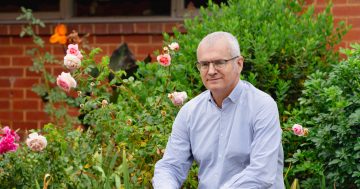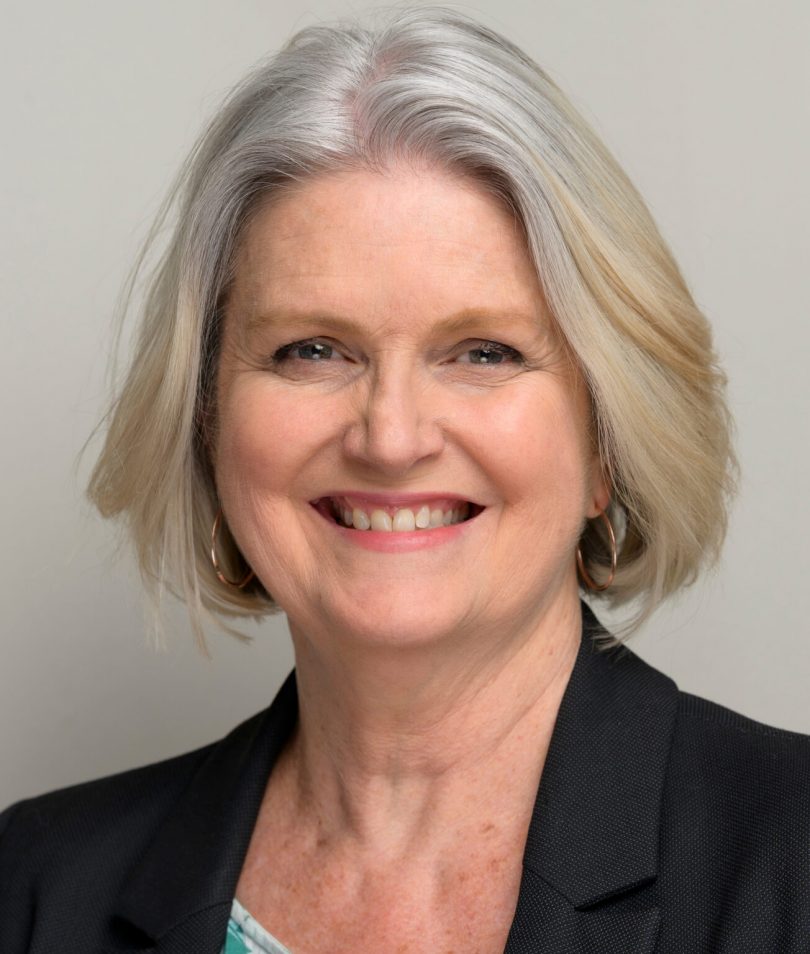
Dr Cassandra Goldie, CEO of the Australian Council of Social Service. Photo: Supplied.
With COVID-19 lockdowns continuing across the ACT, Sydney, Melbourne and parts of regional NSW and Victoria, people on the lowest incomes who are largely locked out from receiving government support are now reaching breaking point, according to a new survey conducted by the Australian Council of Social Service (ACOSS).
The ACOSS ‘Living in Lockdown’ survey found that people who received government assistance for unemployment and related payments were worse off in 2021 compared to 2020. Of the 216 respondents, 96 per cent were seriously struggling with the cost of living, and almost half (41.5 per cent) were at risk of homelessness because of the high cost of housing.
The vast majority of people on the lowest incomes remain ineligible for the Federal Government’s $200 per week disaster payment.
The ACCOS report, ‘Locked Out in Lockdown: September Update’ (released 20 September, 2021) said there are almost one million people locked down who are receiving unemployment and other income support payments, but as at 12 September, 2021, just 152,000 people who are receiving income support payments had been granted the $200 per week COVID-19 Disaster Payment.
This means approximately 800,000 people on the lowest incomes do not qualify for any disaster support at all despite being unable to get paid work because of the lockdowns.
People receiving income support payments such as JobSeeker, Youth Allowance and Parenting Payment are excluded from COVID-19 Disaster Payments if they haven’t lost paid work – or didn’t have paid work to lose – as a result of the lockdowns.
“Last year, anyone on any type of assistance payment, including receiving JobSeeker and Youth Allowance, received the COVID-19 supplement of $500 per fortnight,” said ACT Council of Social Service acting CEO Craig Wallace.
“This year, the COVID-19 Disaster Payment applies only to those who worked eight hours in a period. There is no assistance for those who were out of work or worked less than eight hours.”
Mr Wallace estimates the number of people in the ACT missing out on disaster support to be between 18,000 and 20,000 people.
“This city has continued to be an expensive place to live in, and has the highest rate of rental stress in Australia,” he said.
The ACOSS survey showed almost all people are seriously struggling with the cost of living.
ACTCOSS estimates the number of Canberrans living below the poverty line has increased to 38,000 people in 2021.
“People are missing out on vital extra support, while at the same time they are spending more time at home, meaning higher electricity and gas bills, along with a loss of casual work to supplement their payments,” said Mr Wallace.
“Seasoned community service providers who have been working the sector for decades are saying they have never seen the sector like this. Their phones are running off the hook with the number of people who are in crisis right now. People are seriously struggling to survive.”
ACTCOSS is calling for the Federal Government to immediately extend the COVID-19 Disaster Payments to lift incomes for all people without paid work to at least $600 per week, including those in receipt of social security and those without any other income source at all.
They also want Parliament to pass legislation that will lift working-age income support payments to just above the poverty line – equivalent to the pension rate – at $475 per week.
“Even the OECD [Organisation for Economic Co-operation and Development] is recommending Australia lift our appallingly low level of unemployment payment,” said ACOSS CEO Dr Cassandra Goldie. “At $44 a day, it’s the very lowest rate of all comparable countries.
“People on Youth Allowance and Austudy are at an even lower rate of $36 a day.
“The Federal Government must urgently extend COVID-19 Disaster Payments to all people on social security or without other incomes, including those on temporary visas. As soon as Parliament is recalled, it must pass legislation to lift social security payments to above the poverty line, including JobSeeker, Commonwealth Rent Assistance and family payments.”
ACOSS is also urging the Federal Government to increase Commonwealth Rent Assistance by at least 50 per cent to better support people to afford private rentals.
“The biggest stress people on low incomes face is housing costs,” said Dr Goldie. “The highest rate of Commonwealth Rent Assistance for a single person without children is just $70 a week.”













